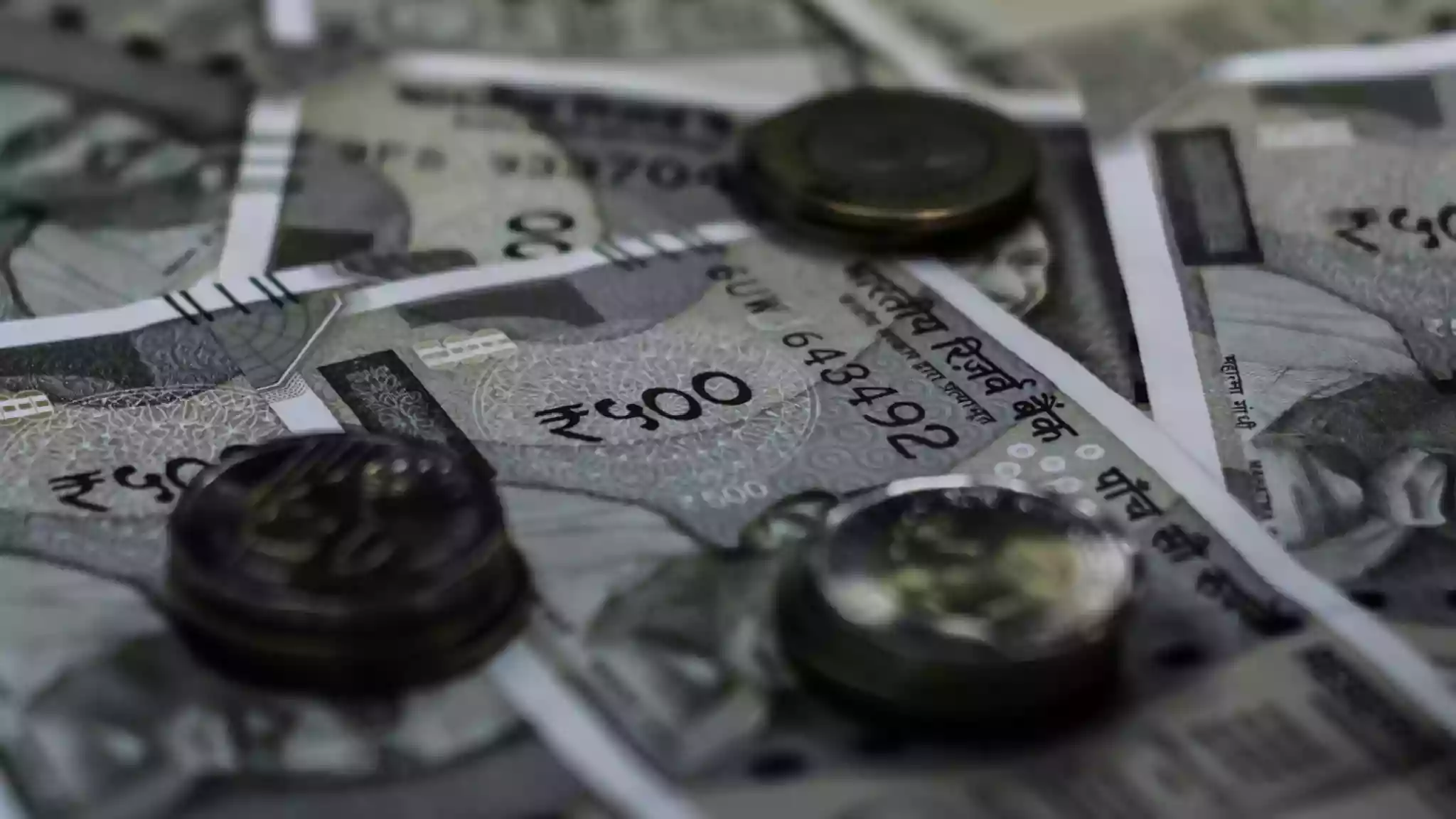.gif)
.gif)

India’s net direct tax collections for the financial year 2025-26 declined by 1.39% to ₹4.59 lakh crore as of June 19, compared to ₹4.65 lakh crore during the same period in the previous year. The fall is attributed to a significant increase in refunds, which rose by 58.04% to ₹86,385.31 crore in the current fiscal, as per data released by the Central Board of Direct Taxes (CBDT).
Gross direct tax collections, however, recorded a year-on-year growth of 4.86%, reaching ₹5.45 lakh crore, up from ₹5.19 lakh crore collected in the corresponding period of 2024-25. The gross corporate tax collection rose by 9.45% to ₹2,49,672.09 crore, while non-corporate tax collections, which include personal income tax and taxes from HUFs and local bodies, increased marginally by less than 1% to ₹2,82,262.41 crore.
Refunds issued under corporate tax surged by 67.3%, amounting to ₹76,832.08 crore in FY26 (till June 19), compared to ₹45,921.22 crore in FY25. Refunds under non-corporate tax stood at ₹9,551.11 crore, reflecting a 9.44% increase over ₹8,727.28 crore issued in the same period of the previous year. The CBDT stated, “Refunds have increased by 58.04% (as on 19.06.2025) compared to corresponding period of last year reflecting better taxpayer services and quicker issuance of refunds.”
Advance tax collections for the period between April 1 and June 19, 2025, registered a growth of 3.87% at ₹1.56 lakh crore. Within this, corporate advance tax payments rose 5.86% to ₹1,21,604.48 crore, while non-corporate advance tax collections declined by 2.68% to ₹33,928.32 crore. Securities Transaction Tax (STT) collections also showed a 12% increase, reaching ₹13,013 crore during the same period.
Additionally, the Income Tax Department has introduced a new ‘e-Pay Tax’ facility on its portal to ease the process of tax payments. The government has also placed the draft Income Tax Bill 2025 before a Select Committee for review. The Bill proposes replacing the Income Tax Act of 1961 with a simplified law and includes a provision for zero tax liability for individuals earning up to ₹12 lakh annually, based on a raised rebate of ₹60,000.